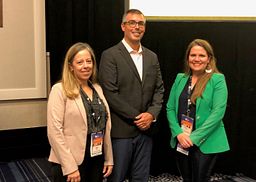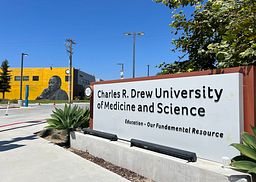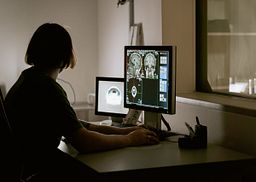New AAPA-PAEA Research Fellows Tackle Representation in PA Education and Profession
The AAPA-PAEA Research Fellowship offers promising PA researchers the opportunity to contribute to the growing body of PA scholarship, broaden their knowledge of PA education and the profession, and expand their professional networks.
PAEA is pleased to announce the selection of Alice Eggleston, MPH, PA-C, of Atlantia Clinical Trials, Yolanda Freeman-Hildreth, PhD, PA-C, of the University of Detroit-Mercy, and Nick Hudak, MPA, MSEd, PA-C, of Duke University as the members of the 2021-2022 cohort of PAEA Research Fellows. They were selected for this honor after undergoing a rigorous, blinded review. The three fellows’ research projects tackle underrepresentation and treatment of PA faculty, students, and practicing PAs in PA education and workforce.
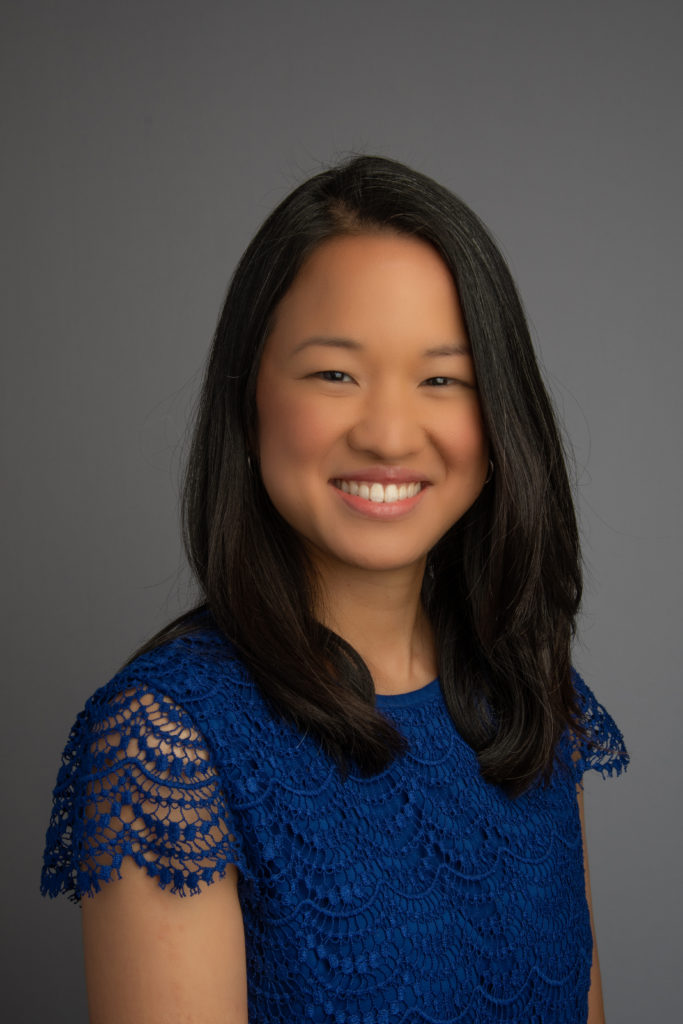
Alice Eggleston is the first non-faculty fellow and will be working with the American Academy of PAs (AAPA) on her project, Physician Assistants in the Clinical Trials Setting. The study aims to understand what roles PAs play in clinical trials, the characteristics of PAs practicing in clinical research, and what benefits or barriers PAs encounter while working in the clinical trials setting. The topic is essential to describe the PAs working in these non-traditional capacities and highlight an aspect of the PA identity. There is an increased demand for clinical research professionals. PAs do outstanding work in many areas of medicine, but it is not widely known how PAs contribute to the clinical research field.
Eggleston’s public health education before PA school and her interest in the big-picture perspective of health prompted her to pursue clinical research since becoming a PA in 2014. Through her research and clinical experience, she found that the PA workforce needed to explore the clinical research PA characteristics to develop new opportunities and standards in the field. Ultimately, Eggleston hopes PAs who have considered shifting their practice to a non-traditional role or non-clinical role can learn more about the research sector as an opportunity for professional growth. Understanding the breakdown of research PAs in the country will help characterize the gaps and opportunities in the research industry.

In her project, Singled out: The Influence of Implicit Bias on Underrepresented Minority Student Recruitment and Retention, Dr. Freeman-Hildreth also examines the underrepresentation of students from diverse backgrounds in admissions. The study will explore the influences of implicit faculty bias and students’ perception of inclusiveness on underrepresented minority (URM) recruitment and retention. The current demographics of the PA profession do not reflect the diversity of the US population. Recent research indicates that healthcare providers and educators, similarly to police officers, are not immune to implicit bias. Moreover, recent news stories have highlighted incidences where implicit bias has influenced clinical decision-making where treatment decisions were made based on stereotypical unconscious attributes among minority patients. Dr. Freeman-Hildreth seeks to provide best practices for:
- Improving PA program diversity
- Increasing self-awareness regarding existent biases and stereotypes among PA faculty
- Providing insight into how implicit bias impacts the perception of inclusivity among URM students
- Providing recommendations for improving URM recruitment and retention within the profession
This research has implications for standardizing the recruitment and interview processes within programs by implementing protocols to reduce bias and creating an inclusive climate throughout PA education.
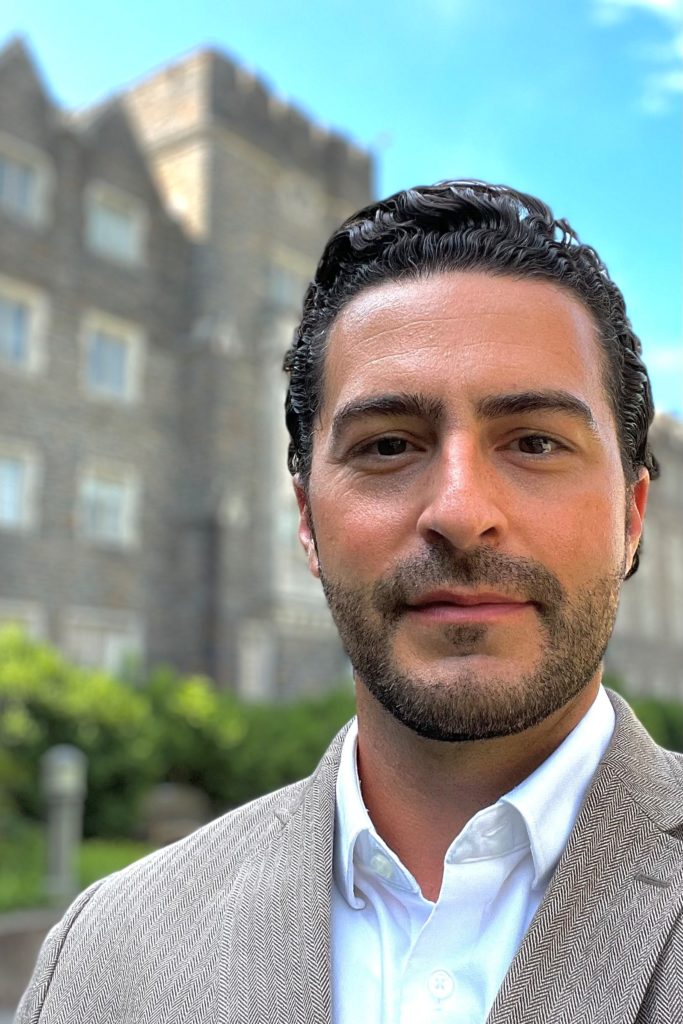
In addition to increasing the diversity of PA pipeline, it is crucial to focus on student experiences in PA programs. Four national surveys of graduating PA students report that learner mistreatment is relatively prevalent, often involves preceptors in clinical settings, and is under-reported to institutions .1-4 Accredited PA programs are required to define, publish, and make readily available policies and procedures for student reports of mistreatment. Given the challenge of mistreatment and the role of policy-driven practices, Mr. Hudak is studying the relationships between mistreatment policy factors (i.e., policy presence, content, dissemination) and the frequency at which students report mistreatment to their programs. Findings from his study, Policy Effect on Physician Assistant Student Mistreatment Reporting, will establish an evidence base to inform policy-driven practices to better support students and improve clinical learning environments. From a policy perspective, they will assist PA educators in revising, implementing, and evaluating mistreatment policy within their programs and establishing a foundation for future research.
PAEA welcomes our new fellows to the growing Fellowship cohort and broader PA research network and is excited to see what their research produces.
If you are interested in hearing about the research our Fellows have done, learning about how you can be a part of the next cohort, and networking with experienced researchers, join us at the AAPA-PAEA Research Fellowship session at the 2021 PAEA Education Forum on Thursday, October 14, 2021 from 4:15 p.m. – 5:35 p.m. ET. We will delve into the latest research from our outgoing 2020–2021 fellows and introduce our incoming 2021-2022 fellows along with their new research projects.
If you are interested in other research funding, the Don Pedersen Research Grants Program is currently accepting applications. It is an excellent opportunity for faculty just getting their feet wet in research. The program focuses on faculty development in research on PA education and PA workforce issues. Grants of up to $7,000 may be awarded, with a total possible allotment of $21,000. Applications must be submitted through the online application platform by 11:59 p.m. on Sunday, October 31, 2021. If you have questions about our grant programs or are interested in mentorship, contact PAEA Research at Research@PAEAonline.org or call 703-651-8540.
1Physician Assistant Education Association, By the Numbers: Student Report 1: Data from the 2016 Matriculating Student and End of Program Surveys, Washington, DC: PAEA; 2017. doi: 10.17538/SR2017.0001
2Physician Assistant Education Association, By the Numbers: Student Report 2: Data from the 2017 Matriculating Student and End of Program Surveys, Washington, DC: PAEA; 2018. doi: 10.17538/SR2018.0002
3Physician Assistant Education Association, By the Numbers: Student Report 3: Data from the 2018 Matriculating Student and End of Program Surveys, Washington, D.C.: PAEA, 2019. doi: 10.17538/SR2019.0003
4Physician Assistant Education Association, By the Numbers: Student Report 4: Data from the 2019 Matriculating Student and End of Program Surveys, Washington, DC: PAEA; 2020. doi: 10.17538/SR2020.0004

